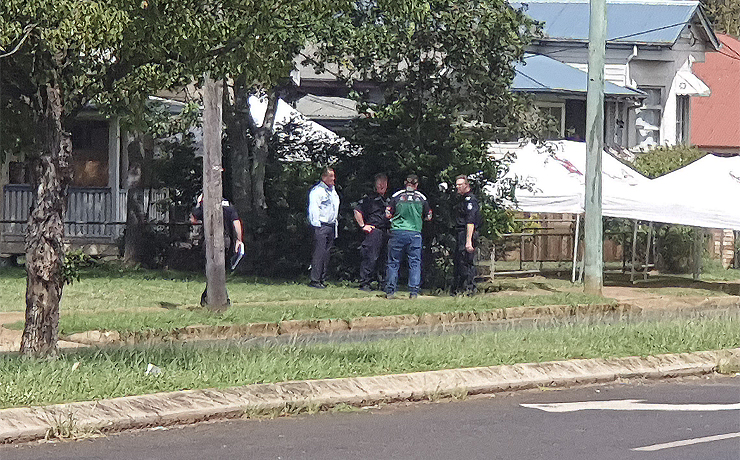
February 15, 2018
Sixteen cases of mumps have been reported in Wondai, Murgon and Cherbourg over the past six weeks, prompting public health officials to urge families to make sure they are up-to-date with their vaccinations.
The MMR vaccination covers measles, mumps and rubella and is available free of charge for all children as part of the National Immunisation Program Schedule.
Single-dose mumps vaccines are not available.
Darling Downs Public Health Unit Director Dr Penny Hutchinson said mumps was an infection of the salivary glands caused by a virus.
“The most common gland affected is the parotid gland which causes swelling at the angle of the jaw in front of the ear,” Dr Hutchinson said.
The National Immunisation Program Schedule recommends immunisation against mumps for all Australian children at 12 months (first dose) and 18 months of age (second dose).
“To ensure protection against the disease, it is important that children receive all recommended doses of the vaccine at the recommended times,” Dr Hutchinson said.
“Currently two doses of MMR vaccine are recommended for all Queenslanders born after 1966.
“These vaccines are funded and can be accessed through local general practitioners or other vaccination service providers.
“If people don’t know if they have had two doses then they should see their GP and in some instances a third dose is available.
“Vaccinations are safe and are the best protection against this condition.”
Mumps is spread by direct contact with either saliva or droplets from a sneeze or cough by an infected person.
The most infectious period for mumps is usually about two days before and until four days after the onset of the illness.
However, someone with the disease can be contagious for up to seven days before until nine days after the swelling of the salivary gland. People without symptoms can also pass on the disease.
The time from contact with the virus to the development of symptoms is usually about 16 to 18 days, but can be longer.
One-third of people with mumps have no symptoms, however symptoms can include swelling of one or more of the salivary glands, high fever, loss of appetite, tiredness and headache.
Salivary gland swelling, if present, progresses to a maximum size over a period of two to three days. The salivary glands return to normal size within a week.
In males, tenderness of the testicles may occur, while females may have some lower abdominal pain.
Occasionally serious complications can occur, including inflammation of the brain, spinal cord and pancreas, hearing loss and sterility.























